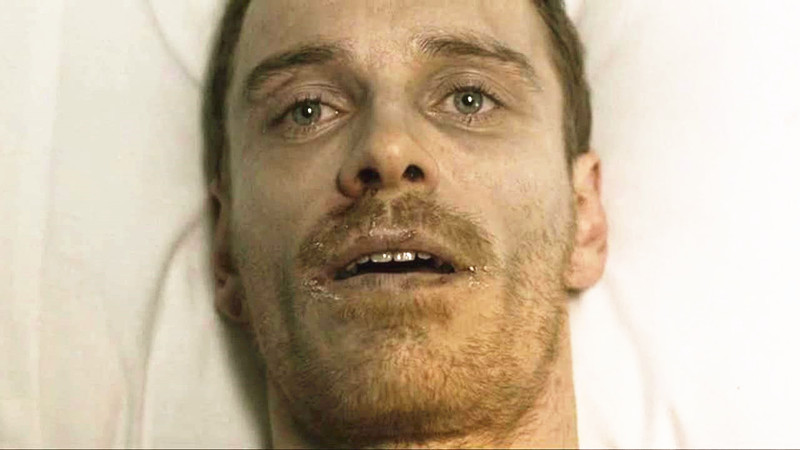
Film is the ideal arena to work out the conflict between the body and the soul. In many ways cinema, as an art form, boils down this primal struggle. The medium of film depends on action and movement; otherwise why not just write it instead? But there has to be the internal struggle as well, the struggle of heart and soul that moves our heroes and villains to action in the physical realm.
The films on this list epitomize this struggle and go for far as to make it a central theme of the piece.
10. The Happiest Day in the Life of Olli Mäki

This little gem of Finnish cinema from a few years ago came and went just as quickly as the real life inspiration. One of the most original boxing movies to come along in years. Whereas most films about the sport follow the Rocky template, Olli Maki is a charming and complex look at personal happiness versus professional fulfillment that just happens to be about a real-life boxer.
Olli Mäki is small-town pugilist on the cusp of going up against American boxer Davey Moore for the title of featherweight Champion of the world. The whole thing is the brainchild of Mäki’s manager, Elis and Olli is doubtful of his prospects. He’s much more optimistic about Raija, a woman he’s started seeing. The two’s relationship blossoms as does the pressure of Olli’s training and the expectations from Elis, not to mention all of Finland.
You won’t find any uplifting training montages here. The film treats Mäki’s preparation for the fight as a mundane, painful process played with a hint of deadpan humor. In trying to meet the featherweight classifications, Mäki puts himself through grueling, dangerous extremes to drop a few kilos. Just like the real-life match between Mäki and Moore, the actual fight is almost anti-climatic but Olli and Raija walk away happy with each other.
9. Splendor in the Grass
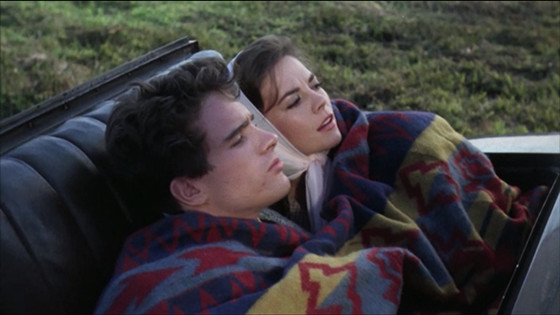
Elia Kazaan’s ode to teen horniness belongs to the post-Rebel Without A Cause wave of films wherein parents just don’t understand. That being said, there’s something uniquely aching about Splendor and you come away feeling the same blueballs as these poor teens from the heartland.
Warren Beatty plays Bud Stamper, the high school football star and son to prosperous oil man “Ace”Stamper in a small Kansas town circa 1920s. Natalie Wood plays Deanie Loomis, Bud’s girlfriend whose parents own a modest shop in town.
The two love each other, but their parent’s meddling leads to tragedy for the young couple. Deanie’s mother insists her daughter maintain her virtue and resist Bud’s sexual advances. Bud’s father, on the other hand, is ashamed of his “loose” daughter Ginny and pins all his hopes on Bud, insisting he go to Yale despite Bud’s opposition.
In order to cope with his son’s urges, Ace recommends Bud find a girl whose willing to go all the way just to relieve the pressure while still marrying Deanie. As one can imagine, this doesn’t work out too well and the loving relationship crashes and burns in a fire of sex, betrayal and insanity. The Stock Market Crash doesn’t help much and the two families experience a radical reversal of fortune.
Anyone who experienced high school relationships can relate to this very bittersweet story. Every scene is drenched in sexual frustration and social pressure and you’ll find yourself screaming to just let the kids get it on.
8. Rust and Bone
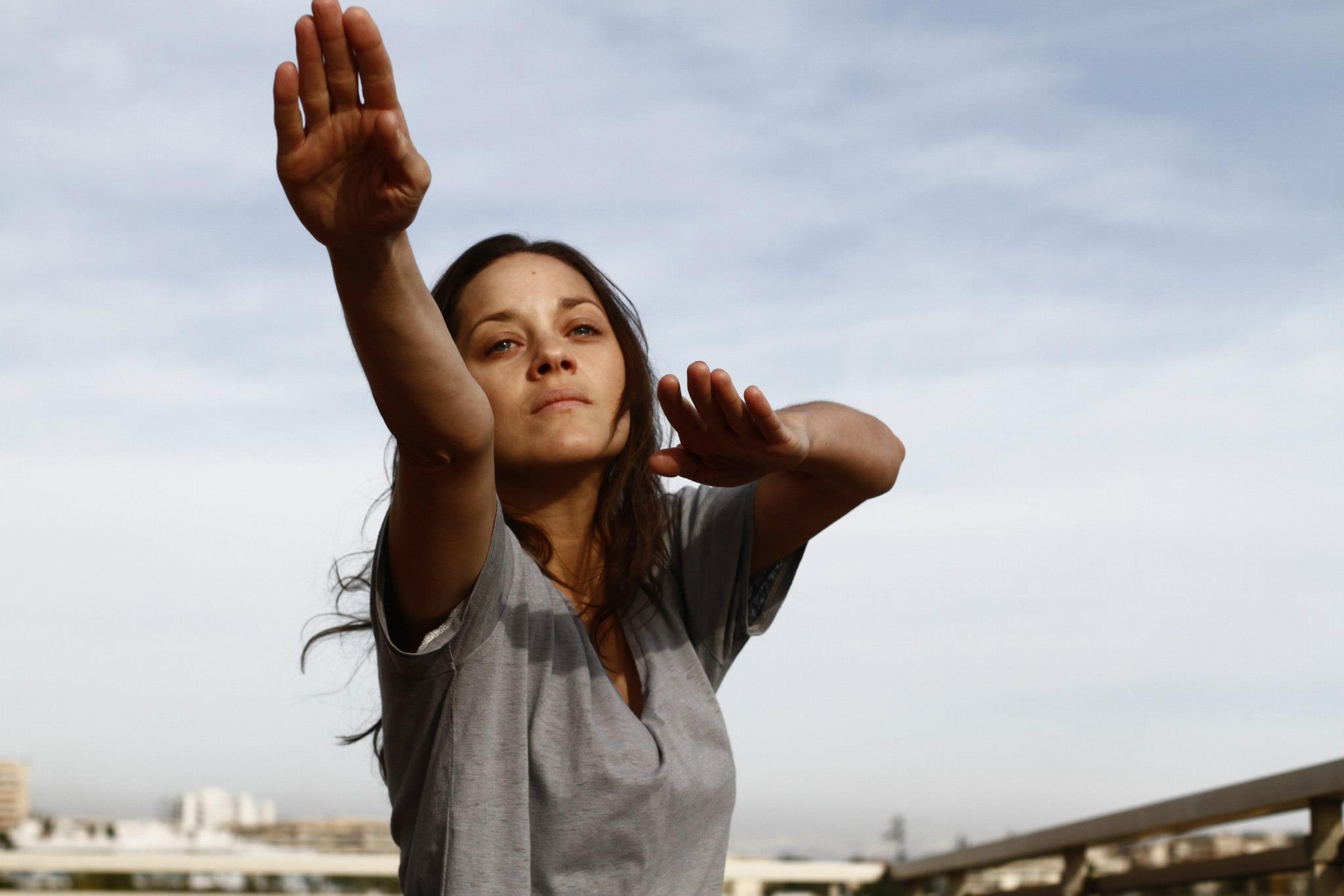
There’s something uniquely raw and visceral about the love story in Rust and Bone. It is a film that doesn’t shy away from the two lead’s lesser qualities and the fact that love survives makes it all the more powerful. On top of that, director Jacques Audiard revels in the physical pleasures and pains of life, producing a powerful cinematic journey.
The film opens with out-of-work kickboxer Ali (Matthias Schoenaerts) and his young son collecting food remnants on a train. He soon lands a job as a bouncer at a club where he meets Stéphanie (Marion Coutard), nose bloody, having just gotten into a fight. After driving her home, the film shifts perspective, following her at work as a whale trainer at a SeaWorld-like water park. An accident leaves Stéphanie with both legs amputated and in a deep depression. She reaches out to Ali and the two form a friendship that develops into something much deeper.
This is not your average film about a character coping with disability. It is just as much Ali’s story, following him as he gets involved in underground fighting and a shady security worker whom companies hire to spy on their employees. What is most impressive is the way Audiard ties all these seemingly random threads into a surprising and pulsing meditation on the way we cope and overcome our pain, but there will always be scars to remind us.
7. Gate of Flesh
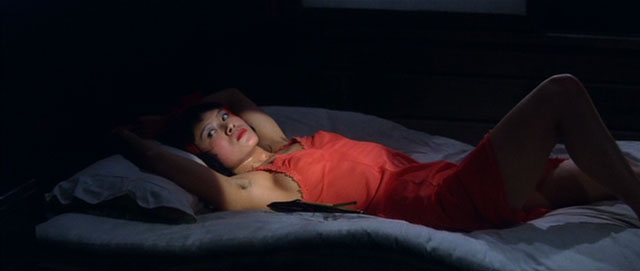
Without doubt the most political, not to mention cynical film on this list. Seijun Suzuki’s critical look at American-Occupied post-war Japan is so lavish and sensual, you don’t realize how brutal a message Suzuki has delivered. The studio just wanted a skin flick they could rush into theatres. What they got was a devastating depiction of humanity and demoralizing effects of dog-eat-dog capitalism.
The film follows a gang of prostitutes operating in the burt-out slums of Tokyo following Japan’s surrender. As they initiate a new girl, they teach her the most important rule: never give it away for free. In a brutal torture sequence, we see the consequences of breaking this rule when one of the girls falls in love and doesn’t charge for her trade.
Things get complicated when Shintaro, a wounded criminal shows up to hide out after murdering an American MP. One-by-one they develop feelings for the macho outlaw, thus turning them all against each other and Shintaro for that matter.
Suzuki has stated that when he made the film he still had a seething hatred for America, having seen firsthand the way American influence affected Japanese way of life. Gate of Flesh shows what happens when you turn everything into a matter of money. The characters in the film still have all the natural desires of being human but suppress them in the name of business and survival.
6. Ghost in the Shell
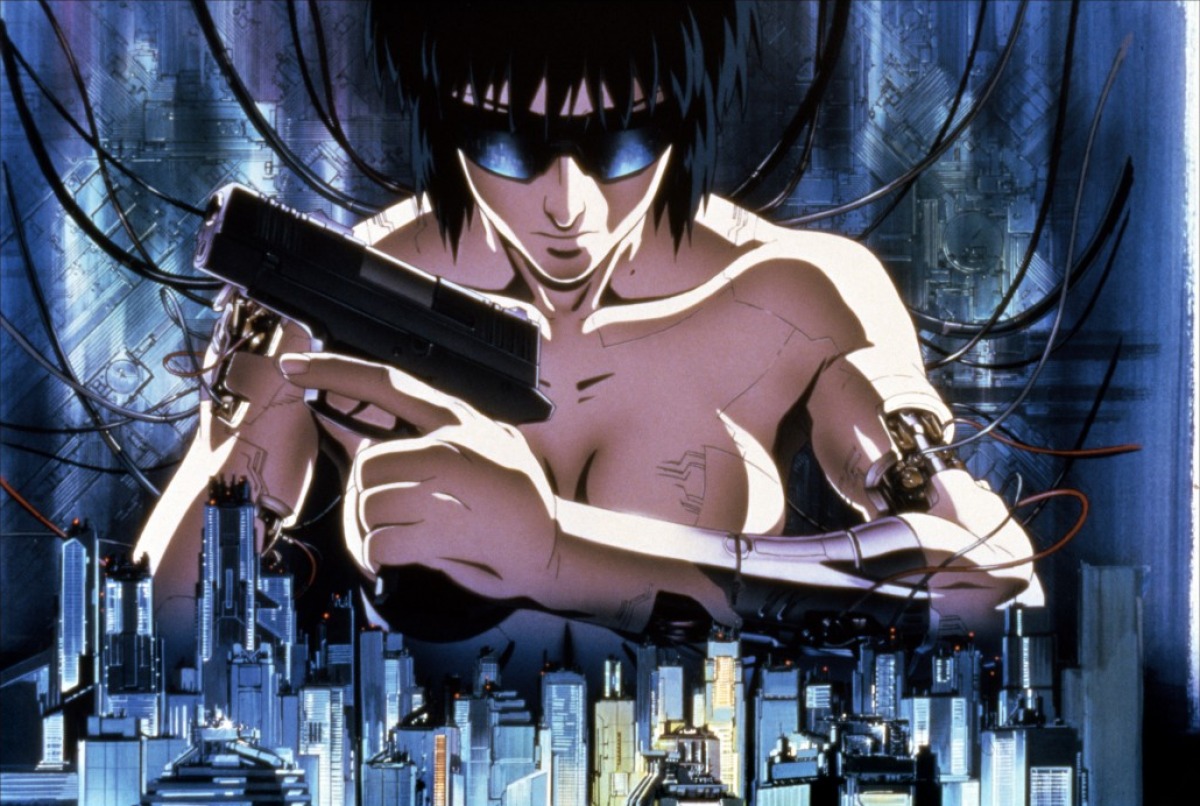
The very notion of body and soul gets a little hazy in Mamoru Oshii’s classic anime based on the sprawling magna comic of the same name. The film is philosophically complex study of what it means to be human once society has evolved beyond flesh and blood. Ghost was a primary influence for The Matrix and the questions brought up all the way back in 1995 are still waiting to be answered.
For all its deep philosophical themes, Ghost is also a rousing science fiction potboiler. It follows female government cyborg Motoko Kusanagi as she attempts to track down an infamous hacker known as The Puppet Master who has been taking over people’s minds to do his bidding. He’s able to implant false memories and backstories into his victims, erasing any trace of their true identity. As Motoko digs deeper, she learns more about the Puppet Master and his mysterious origins, forcing her to question some things about her own government employers.
Having a human (albeit technologically enhanced) brain inside an artificial body also creates some existential questions for Kusanagi, specifically how much left of her is truly human. This is a film that is more interested in asking these kind of complex questions rather than provide any easy answer. Even the Puppet Master isn’t the cut-and-dry villain it first seems. Ultimately, Ghost is an exploration of where humanity is headed, and the ambiguous, mysterious nature inherent in that journey.